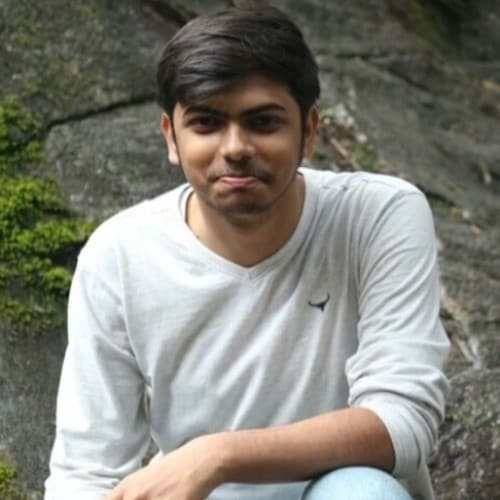As world leaders gather in the Canada, diplomatic volatility resurfaces, especially with the U.S. President Trump’s reappearance. What happens next will certainly reshape the global agenda.
The Group of Seven (G7) leaders meet today in Canada’s Kananaskis region, west of Calgary, amid a shifting political landscape. With tensions mounting over foreign policy and trade, the summit is set against a backdrop of diplomatic strain, particularly surrounding the return of President Donald Trump to the international spotlight.
Canadian Prime Minister Mark Carney, hosting the summit, is prioritizing peace and security, the development of critical mineral supply chains, and job creation. But the broader agenda is being shaped by U.S. tariffs, ongoing wars in Ukraine and the Middle East, and recent airstrikes by Israel on Iranian territory, an escalation that weakens Trump’s previous diplomatic posture in the region.
Memories of Trump’s volatile exit from the last Canadian-hosted G7 summit in 2018 still linger. Then, he left early, publicly attacked Canada’s leadership, and abruptly withdrew American support for the final statement. In hopes of avoiding another diplomatic blow-up, Canada has opted to skip a traditional joint statement this time around, replacing it with chair summaries to maintain a show of unity.
A senior Canadian official noted that the summit will stretch longer than usual, allowing time for bilateral talks with Trump. Leaders from Ukraine, Mexico, India, Brazil, South Africa, South Korea, and Australia are also expected to attend parts of the event, many of whom are seeking individual meetings with the U.S. President to discuss urgent matters.
Topics on the agenda range from trade and energy to AI and security. A U.S. official emphasized Trump’s focus on securing what he considers "fair and reciprocal" trade deals.
Ukraine President Also Invited
Ukrainian President Volodymyr Zelenskiy’s visit comes at a sensitive time. His tense February meeting with Trump in Washington set a cautionary tone, and Kyiv is not expecting bold support this week, but just a cordial meeting may count as a diplomatic win.
European officials are still hopeful the summit, and the upcoming NATO meeting in The Hague, can push Trump to support new sanctions against Russia. Yet, there’s a growing understanding among diplomats that the old approach may no longer work with Washington.
France’s Emmanuel Macron, who maintains a blunt yet functional rapport with Trump, acknowledged the roadblocks ahead. A planned U.N. backed peace conference on the Israeli-Palestinian conflict co-organized by France and Saudi Arabia, has already been postponed, hinting that diplomatic efforts have failed at this time.
;Resize=(820,462))
